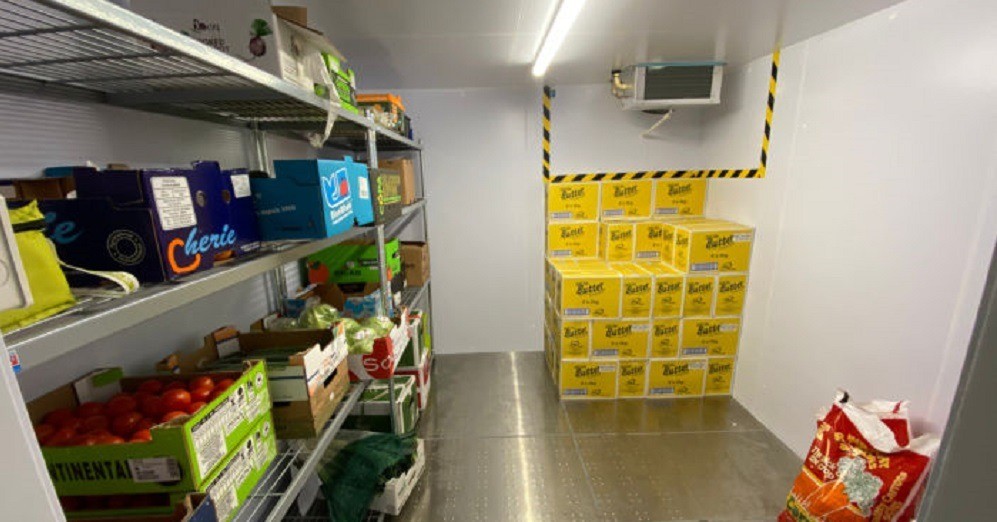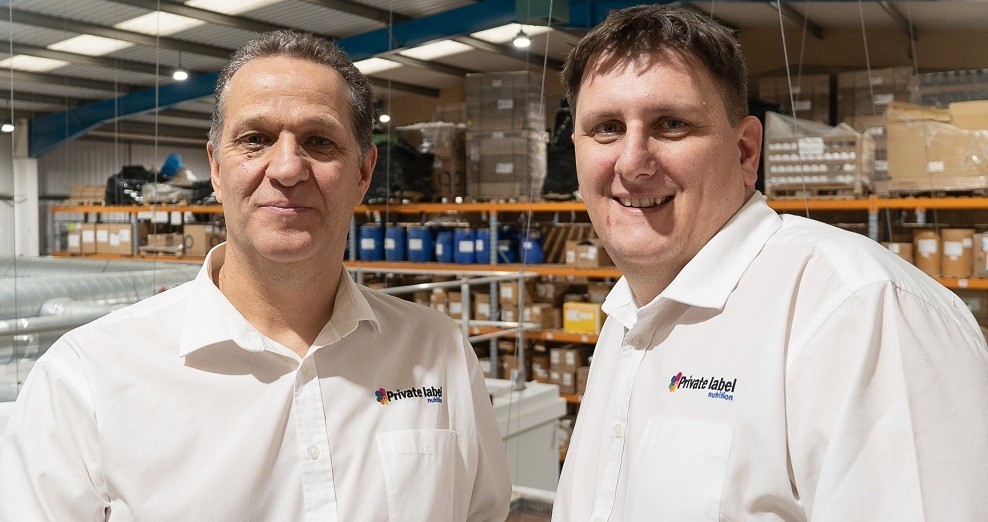
There’s a host of funded programmes in Lancashire helping businesses to improve their productivity by lowering their carbon emissions. Business owners and managers can access these by speaking to Boost. Here’s three examples of Lancashire firms who grew their business after working with the Making Carbon Work (MaCaW) project, a University of Central Lancashire (UCLan) project funded by the ERDF alongside UCLan and supported by Boost. 
A Morecambe-based catering supplier is exiting the pandemic a more efficient, effective and low carbon business than it entered it, thanks to MaCaW audit. Whitewells Catering Supplies has been supplying restaurants, schools and businesses in Morecambe and across Lancashire with fresh produce and catering goods since 1942.
The family-owned company asked MaCaW to carry out a free audit of its business to identify ways of reducing its carbon footprint. Due to the nature of the site the auditors were able to provide in depth analysis of all energy using equipment Jamie Wright, sales and marketing manager, said:
“The project shared with us an itemised report detailing every lightbulb and piece of office equipment and it tells you exactly how much electricity each item is using and what carbon is being generated. By completing the carbon saving analysis with MaCaW, Whitewells were able to access the MaCaW grant process. MaCaW supported the business with its application for 50% funding of an £8,800 project to replace ageing lighting and consolidate refrigerator space.
The equipment purchased utilising the MaCaW grant will generate emissions savings totalling 4.39 tonnes of CO2e per year, with a reduction in energy costs of approx. 10-15%. You can read the full story here. 
A growing Blackpool business is going carbon neutral, with support from the University of Central Lancashire (UCLan). The Protein Lab, which manufactures and delivers a range of nutritional supplements from its headquarters on the Fylde coast, approached UCLan’s ERDF-funded Making Carbon Work (MaCaW) project for advice on reducing and offsetting its carbon emissions.
The growing company, which manufactures tablets, capsules and powders that can be used to improve health outcomes, has traded since 2013 and experienced strong growth in the last five years. As a result, the firm was able to expand into a new factory next to Blackpool Airport in 2019, and as such was keen to the use the office move as a reason to reduce carbon emissions and environmental footprint in its manufacturing processes.
Company director James Wilson said: “Manufacturing nutraceuticals tends to be a carbon heavy business, from operating large machinery through to distribution costs across the world. For us, we want to reduce that environmental impact and become as close to carbon neutral as we possibly can, offsetting any additional carbon that can’t be made renewable. MaCaW’s support allowed him to promote the environmental credentials of his growing company as it continues to export and grow internationally.
You can read the full story here. 
A leading aerospace supplier has reduced its carbon footprint and saved thousands of pounds, with support from the University of Central Lancashire (UCLan). After securing a £15,000 grant from UCLan’s ERDF funded Making Carbon Work (MaCaW) programme towards installing solar panels on its new factory, T&R Precision Engineering in Pendle has reduced its reliance on external electricity, offsetting 22.51 tonnes of carbon emissions per year.
In total, by implementing recommendations from MaCaW, the company has reduced its carbon footprint by 60 tonnes a year, reducing its annual electricity bill by almost £20,000. T&R Precision Engineering supplies CNC engineering tools to the industry to fit out aircraft such as Boeing and Airbus, employing over 60 members of staff and turning over £5.25m from its factories in Foulridge.
Managing Director Tim Maddison said: “We always had it in our minds that we wanted to reduce our carbon footprint but securing the grant from MaCaW allowed us to focus our minds and make the initial outlay easier to justify.
As a result, the scheme will now pay for itself in energy bill savings within two years, meaning that from 2023 we can invest that money in our company and our staff. You can read the full story here.




The website uses cookies.
Some are used for statistical purposes and others are set up by third party services. By clicking 'Accept all & close', you accept the use of cookies. For more information on how we use and manage cookies, please read our Cookie Policy.